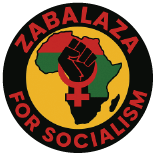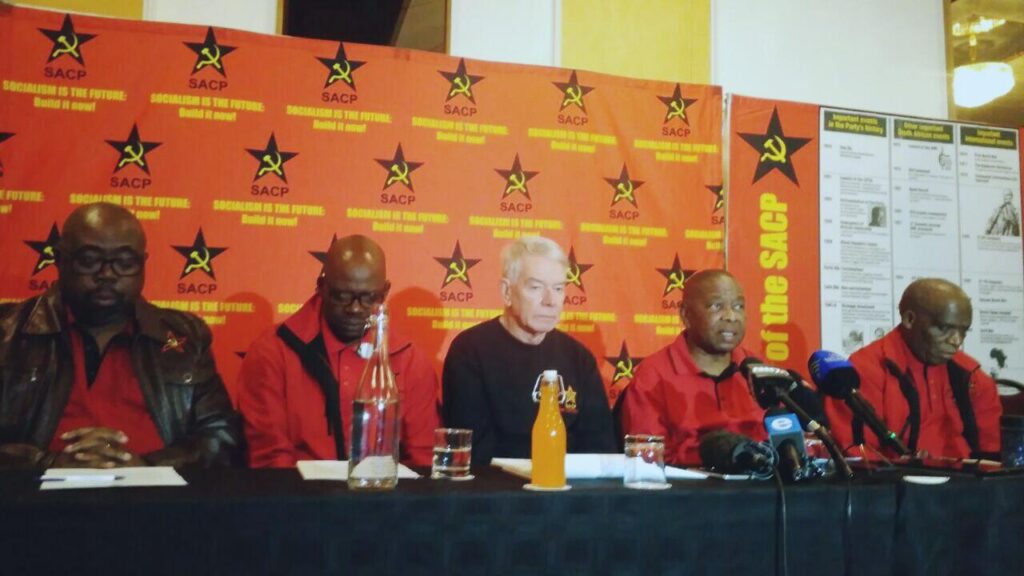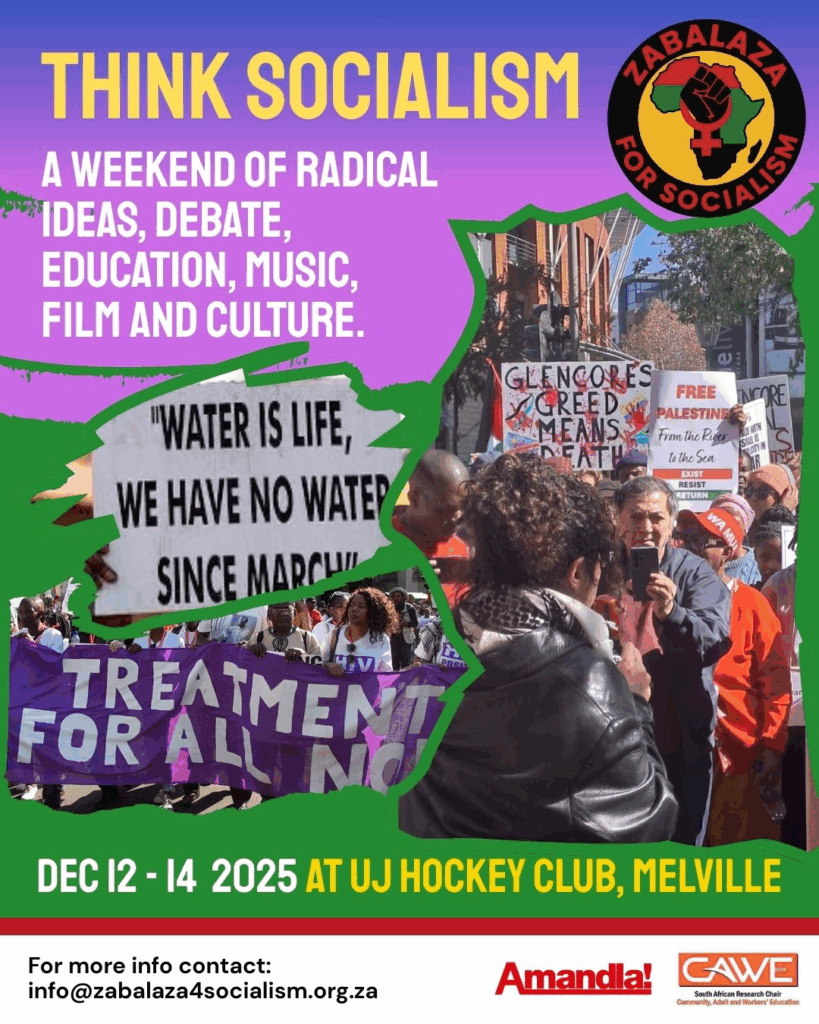Dennis Davis and Karl Klare argue that transformative constitutionalism has not been fully pursued by the African National Congress (ANC). As the governing party between 1994 and 2024, it was in poll position to use the powers of state to give effect to and operationalise the imaginary that the 1996 Constitution presents. This imaginary, they argue, provided for a thorough transformation of the state that would have overturned the legacies of colonialism and apartheid and paved the way for the actualisation of the full human potential of particularly black people, women, poor people, and sexual minorities. Rather than it being, as anti-constitutionalist detractors would have it, a failure of the Constitution to address the urgent colonial and apartheid legacies impacting these groups, Davis and Klare contend that it is a failure of politics that has left specifically economic relations unchanged. I concur with this argument, based on my own previous analysis (Van der Westhuizen et al. 2023; Van der Westhuizen 2007). This failure of politics becomes apparent with the necessary historicisation —that is, when the actual conditions and relevant political and ideological factors and actions informing the transition to democracy are studied. Such historicisation makes a nonsense of claims that South Africa’s constitutional democracy amounts to mere neo-apartheid (see for example Mpofu-Walsh 2021). I would add to the diagnosis of a failure of politics the failure of political imagination, due in part to what can be described as post-socialist attachments. The concept of ‘post-socialism’ is derived from analyses of the crisis-ridden incorporation of the former Soviet Bloc into the capitalist world order, and is used here with reference to the legacies of ANC exposure to Soviet political practices during the exile period (Engel and Saunders 2023; Kalb 2019). While exiled members of the ANC and its ally the South African Community Party (SACP) generally possessed little knowledge about Soviet economic planning and institutions (Freund 2013, p. 520), they did return to South Africa with political ideas influenced more by party-driven centralisation of political control than by democracy — therefore influenced by an imaginary of so-called ‘revolutionary discipline’ that Stephen Ellis (2012, p. 298) describes as involving ‘contempt for real politics’.










